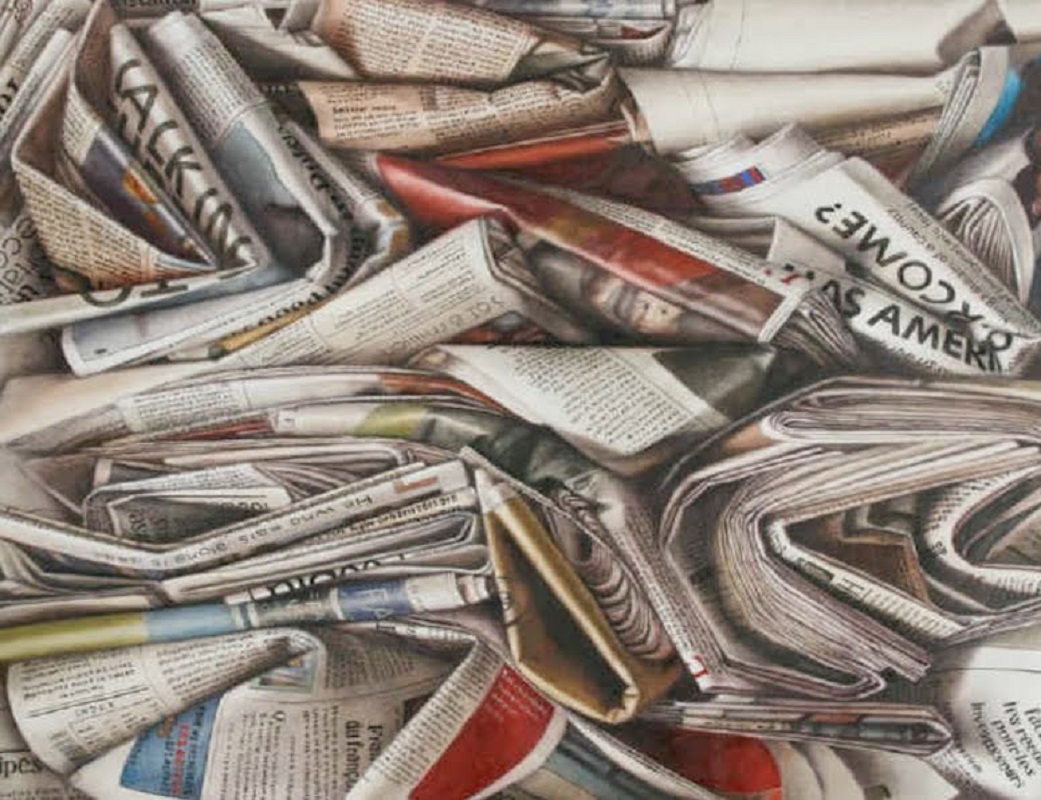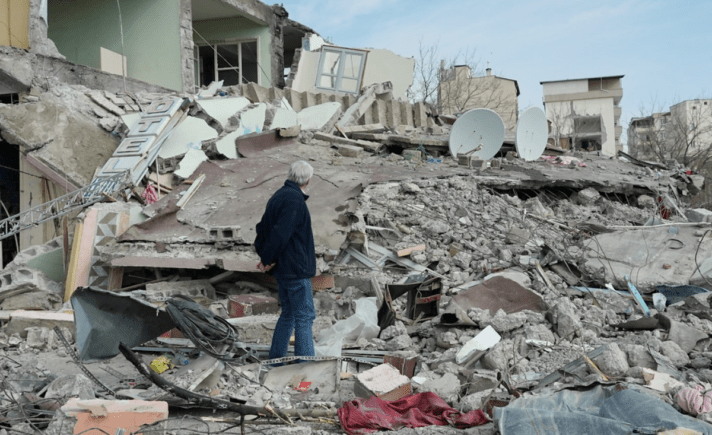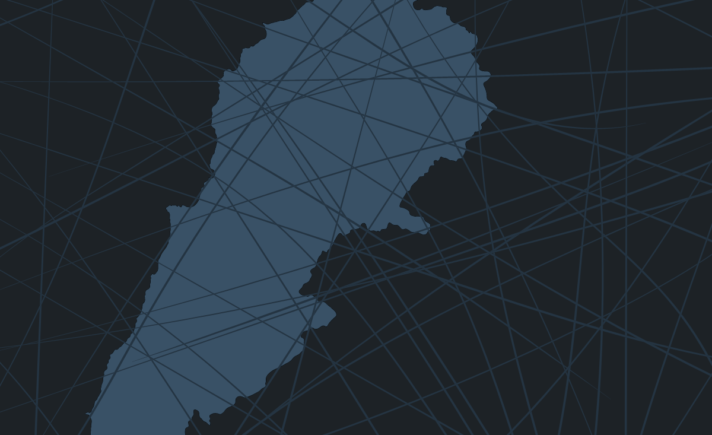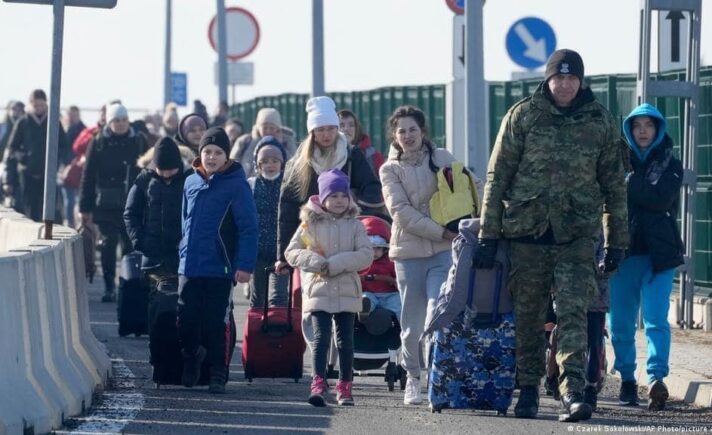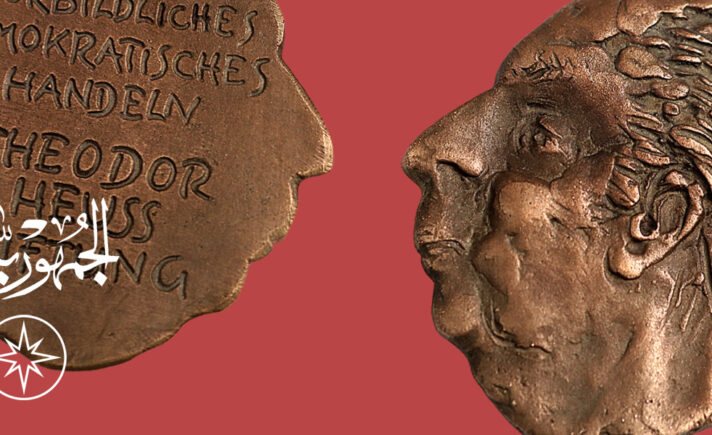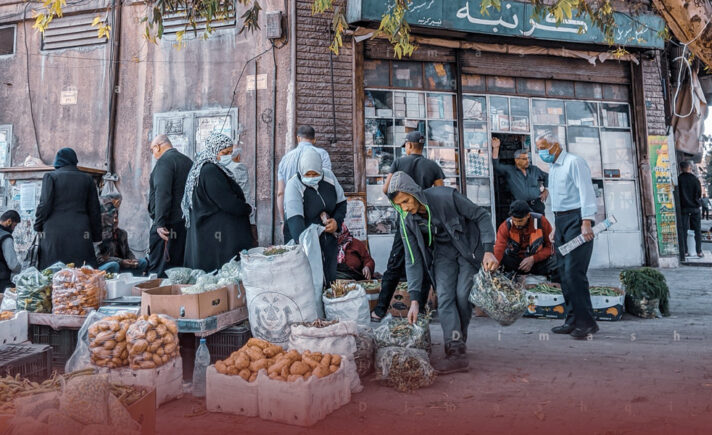“To Geneva, or to war?” (20 May, 2019). From the Arabian Sea to Saudi Arabia to Iraq, the indications are that Iran is betting that the United States does not truly seek war to arise from the recent series of escalations and counter-escalations between the two sides. Washington has, indeed, stated that war is not its objective, yet with tensions as they are, any miscalculation could lead to matters sliding out of control. Moreover, if war is to be averted, the US will need some sort of concession from Tehran before de-escalation is possible, and it’s difficult at present to see what exactly could constitute such a concession. For more analysis, see our full report (Arabic).
“A peek inside the Syrian intelligence apparatus” (21 May, 2019). In a report released this month in both English and Arabic, the Syria Justice and Accountability Centre (SJAC) analyzed 5,000 pages of documents obtained from offices abandoned by the Assad regime’s intelligence apparatus during the course of the war. The pages document cases of extralegal detention and surveillance, and directives on forcibly quelling protests and opposition activity. Sometimes these orders are explicit—e.g., commanding the use of indiscriminate lethal force against civilian targets—while at other times they resort to vague expressions such as “perform the necessary.” Even if little in the report will come as any particular surprise to Syrians, the workings of these agencies has rarely if ever before been documented so extensively in the regime’s own paperwork. As such, the documents could serve as important evidence in any future war crimes prosecutions that may occur. For more, see our full article (Arabic).
“Fleeing from prison to prison” (22 May, 2019). Al-Jumhuriya profiles Behrouz Boochani, the Iranian-Kurdish writer currently held in an Australian-run detention center on Manus Island, Papua New Guinea. Boochani escaped Iran, where he had written critically of the ruling regime, in 2013, winding up on Christmas Island, south of Indonesia, where the Australian authorities arrested him and sent him to Manus, where he has remained ever since. Earlier this year, a book he wrote via WhatsApp about his harsh detention conditions, No Friend But the Mountains, won Australia’s prestigious Victorian Prize, and has done much to publicize Australia’s inhumane treatment of refugees. For more, see our full report (Arabic).
“Kafr Nabuda changes the course of the battle” (23 May, 2019). On Tuesday, Syrian opposition factions retook the strategic town of Kafr Nabuda in northern Hama Province, after the Assad regime and its Russian backers had driven them out two weeks previously in fierce fighting. The rebels then pressed their advantage on Wednesday, shelling other nearby villages taken by the regime in recent weeks. Reports indicate that Turkey-backed factions, such as Faylaq al-Sham, arrived from territory further north to assist. While it’s certainly too soon to speak of the failure of the regime’s military campaign in the region, the successful pushback has boosted morale among opposition fighters and civilians alike. For more details, see our full report (Arabic).
“Sanctions painful for all” (24 May, 2019). The renewed and intensified US sanctions on Iran have affected the Iranian economy as a whole, raising the inflation rate, depreciating the currency, and decreasing growth and the balance of trade. Yet the sanctions’ effects will also be felt by many other states around the world, not least given the rise in oil prices that followed the cancellation of waivers for eight countries that were allowed to continue purchasing Iranian oil until the start of this month. The large European companies who invested billions in Iran after the 2015 nuclear deal—to take another example—will also be adversely affected. For more, see our full report (Arabic).


